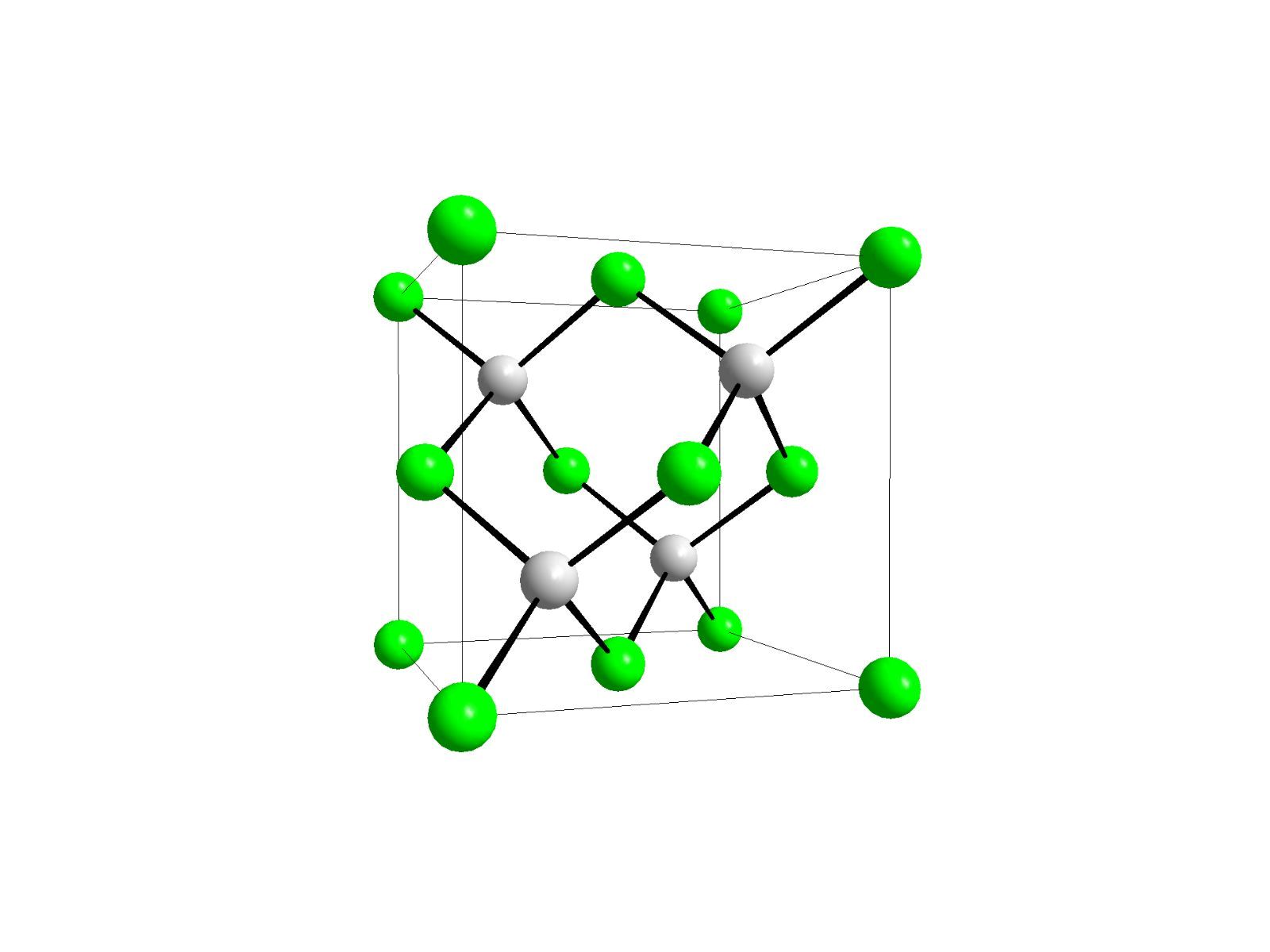
What is a diet? A diet is the sum of food consumed by a person or other organism. It includes everything from what you eat for breakfast to the snacks you munch on during the day. Why is diet important? A balanced diet provides essential nutrients that your body needs to function properly. How does diet affect health? Eating a variety of foods can help you maintain a healthy weight, reduce the risk of chronic diseases, and promote overall well-being. What are the types of diets? There are many types, including vegetarian, vegan, ketogenic, and Mediterranean diets. Each has its own set of rules and benefits. Why do people choose specific diets? Reasons vary from health concerns to ethical beliefs. Some aim to lose weight, others to gain muscle, and some to improve their overall health.
Key Takeaways:
- 1. Food provides energy in the form of calories, but too many can lead to weight gain. Remember to balance your calorie intake for a healthy diet.
- 2. Different nutrients play unique roles in your body, from building muscle to protecting against diseases. Be mindful of what you eat to stay healthy and strong.
The Basics of Diet
Understanding the fundamentals of diet can help you make better food choices. Here are some interesting facts about what you eat.
-
Calories are units of energy. They measure how much energy food provides. Your body needs calories to function, but too many can lead to weight gain.
-
Macronutrients are essential. These include carbohydrates, proteins, and fats. Each plays a unique role in your body’s health.
-
Micronutrients are vital too. Vitamins and minerals fall into this category. They help with everything from bone health to immune function.
The Science Behind Diet
Science has a lot to say about how different foods affect your body. Let’s look at some fascinating facts.
-
Fiber aids digestion. It helps move food through your digestive system, preventing constipation and promoting gut health.
-
Protein builds muscle. It’s crucial for repairing tissues and building muscle mass, especially after exercise.
-
Fats aren’t all bad. Healthy fats, like those found in avocados and nuts, are essential for brain health and hormone production.
Diet and Disease Prevention
What you eat can either protect you from diseases or increase your risk. Here are some facts about diet and disease prevention.
-
Antioxidants fight free radicals. Found in fruits and vegetables, they help protect your cells from damage.
-
Omega-3 fatty acids are heart-healthy. These fats, found in fish, can reduce inflammation and lower the risk of heart disease.
-
Sugar can be harmful. Excessive sugar intake is linked to obesity, diabetes, and heart disease.
Popular Diet Trends
Many people follow specific diet trends to achieve their health goals. Here are some facts about popular diets.
-
Keto diet is high-fat, low-carb. It aims to put your body into a state of ketosis, where it burns fat for energy.
-
Intermittent fasting involves eating windows. You eat during specific hours and fast the rest of the time, which can help with weight loss.
-
Veganism excludes animal products. This diet focuses on plant-based foods and can be beneficial for heart health.
Diet and Mental Health
Your diet doesn’t just affect your body; it impacts your mind too. Here are some facts about diet and mental health.
-
Omega-3s boost brain function. These fatty acids are crucial for cognitive health and can improve mood.
-
Sugar affects mood. High sugar intake can lead to mood swings and even depression.
-
Hydration is key. Dehydration can affect your concentration and mood, so drink plenty of water.
Diet and Weight Management
Managing your weight involves more than just counting calories. Here are some facts about diet and weight management.
-
Portion control matters. Eating smaller portions can help you maintain a healthy weight without feeling deprived.
-
Whole foods are filling. Foods like fruits, vegetables, and whole grains are more filling than processed foods, helping you eat less.
-
Mindful eating helps. Paying attention to what you eat and how you feel can prevent overeating.
Diet and Exercise
What you eat can affect your exercise performance and recovery. Here are some facts about diet and exercise.
-
Carbs fuel workouts. They provide the energy needed for high-intensity exercise.
-
Protein aids recovery. Consuming protein after a workout helps repair and build muscle.
-
Hydration affects performance. Staying hydrated is crucial for maintaining energy levels and preventing cramps.
Special Diets for Health Conditions
Certain health conditions require specific diets. Here are some facts about special diets.
-
Gluten-free for celiac disease. People with celiac disease must avoid gluten to prevent digestive issues.
-
Low-sodium for hypertension. Reducing salt intake can help manage high blood pressure.
-
Low-carb for diabetes. Limiting carbs can help control blood sugar levels.
Fun Facts About Diet
Let’s end with some fun and surprising facts about diet.
- Dark chocolate is healthy. It’s rich in antioxidants and can improve heart health when eaten in moderation.
Final Thoughts on Diet Soda
Diet soda might seem like a guilt-free treat, but it’s got its quirks. Artificial sweeteners can trick your brain, making you crave more sweets. Some studies link diet soda to weight gain, not loss. It’s also been tied to heart issues and kidney problems. On the flip side, it’s calorie-free and can help those trying to cut sugar. Moderation is key. If you love diet soda, enjoy it, but don’t overdo it. Balance it with water and other healthy drinks. Remember, it’s just one piece of the puzzle in a healthy lifestyle. So, next time you reach for that can, think about the bigger picture. Your body will thank you.
Frequently Asked Questions
Was this page helpful?
Our commitment to delivering trustworthy and engaging content is at the heart of what we do. Each fact on our site is contributed by real users like you, bringing a wealth of diverse insights and information. To ensure the highest standards of accuracy and reliability, our dedicated editors meticulously review each submission. This process guarantees that the facts we share are not only fascinating but also credible. Trust in our commitment to quality and authenticity as you explore and learn with us.


